11 Delicious Foods To Help You Stress Less
July 17 2019Fill up your shopping list with these foods to soothe and calm the second brain in your gut.
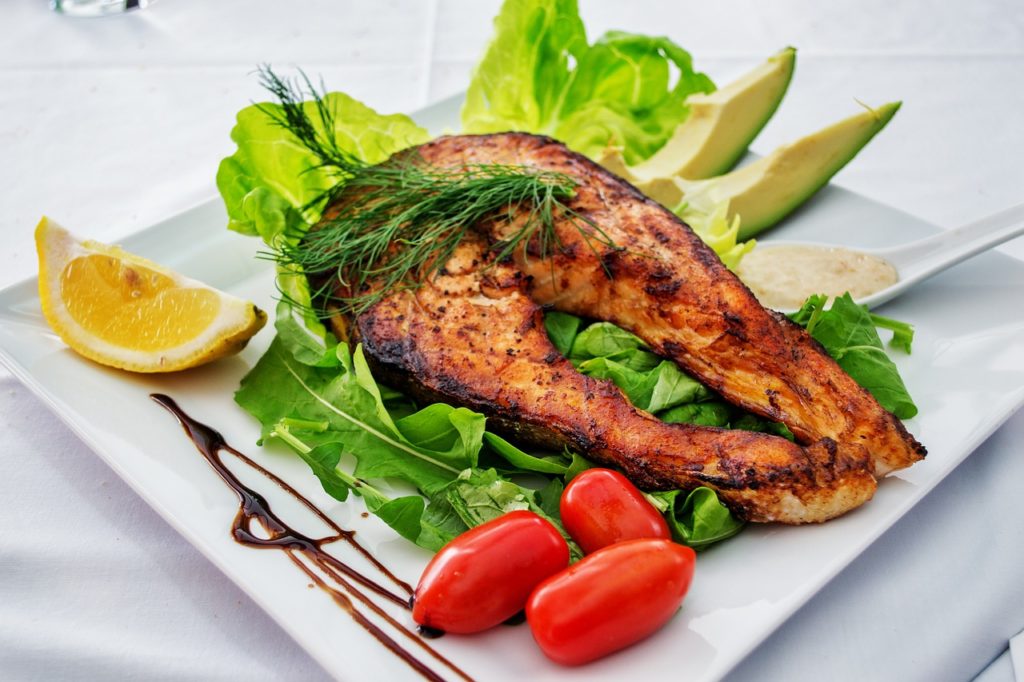
Salmon
“Omega-3 fatty acids found in foods like fish, nuts and seeds help maintain the health of the brain’s cell membranes and assist the transmission of ‘feel-good chemicals’ like dopamine and serotonin,” explains nutritionist Natalie Parletta, PhD.
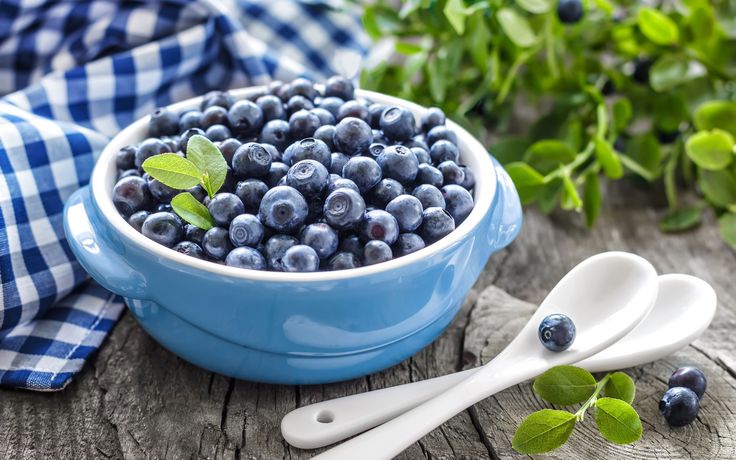
Blueberries and broccoli
Fruit and vegetables are packed with polyphenols. “These potent antioxidants support brain health,” Dr Parletta says. “Their high fibre content helps keep blood sugars and energy levels stable, which can help stabilise and improve mood.”
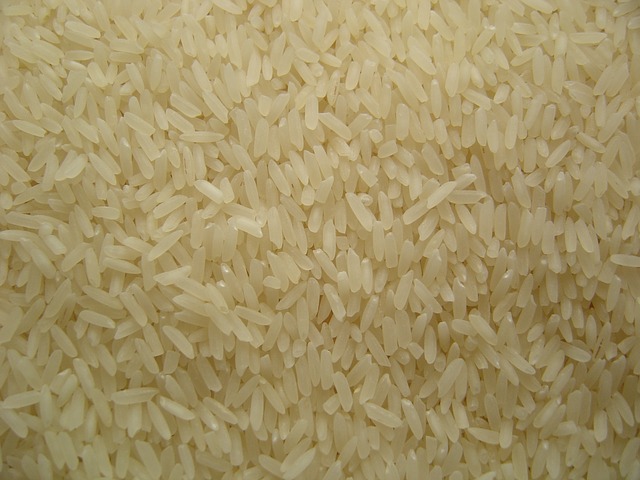
Jasmine rice
Rich in tryptophan, an amino acid that helps your brain make serotonin, this low-GI rice can help you enjoy better sleep too, shows research from Sydney University.
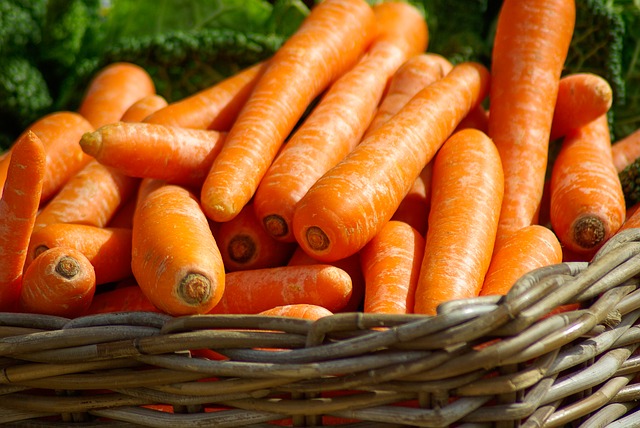
Carrots
These contain a natural type of fibre called arabinogalactan, which helps the good bacteria in your gut thrive. Other good sources include leeks, radishes and tomatoes.
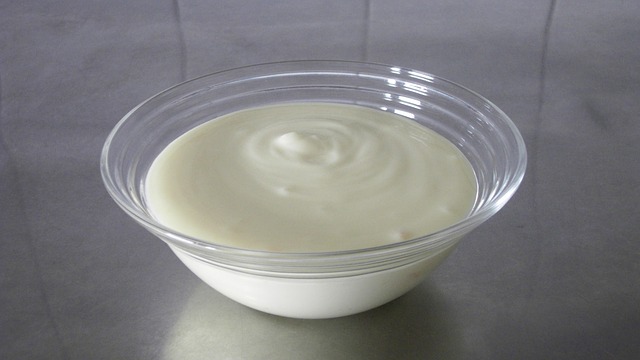
Greek yoghurt
Make sure you choose varieties that contain active bacteria cultures, but no flavours or sweeteners.
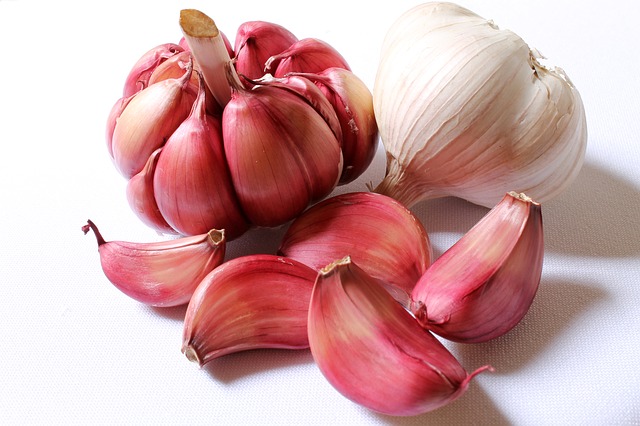
Garlic
The sulphides help reduce bad bacteria strains. Don’t throw out your sprouting garlic – research from the American Chemical Society has found that sprouted garlic boasts higher antioxidant levels than the younger bulbs.
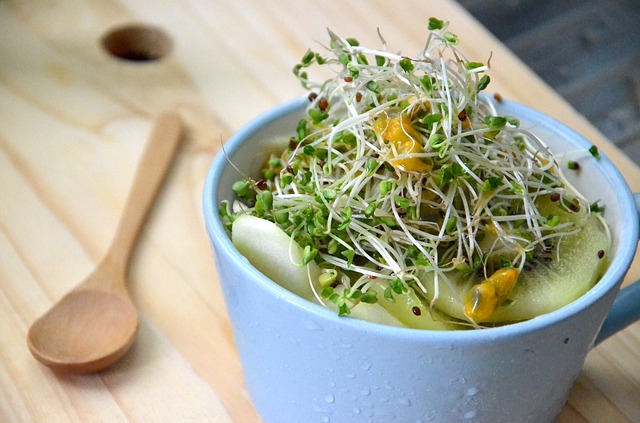
Broccoli sprouts
Packed with flavonoids that boost good gut bacteria, they contain a phytonutrient called sulforaphane. This is 50 times more concentrated in broccoli seeds and sprouts than it is in mature broccoli flowerets, shows US research.

Cabbage
This cruciferous vegetable is high in soluble dietary fibres, such as hemicellulose and pectin, which stabilise blood sugars and boost good bacteria.
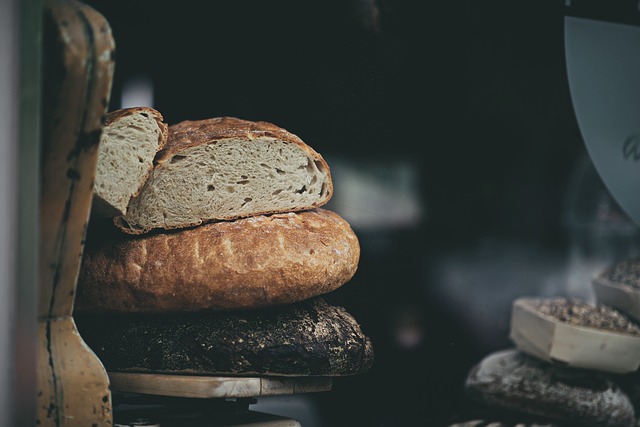
Sourdough bread
Uses natural fermenting agents, such as healthy Lactobacillus bacteria.
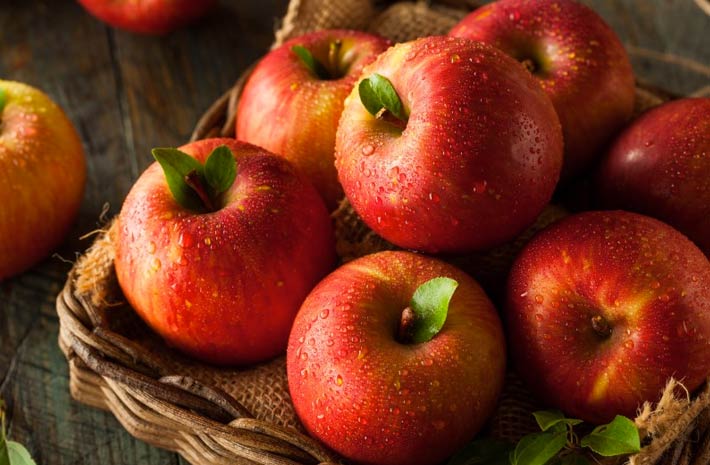
Apples
Eating one or two apples a day can benefit belly bacteria, such as Bifidobacterium and Lactobacillus strains, shows Japanese research.
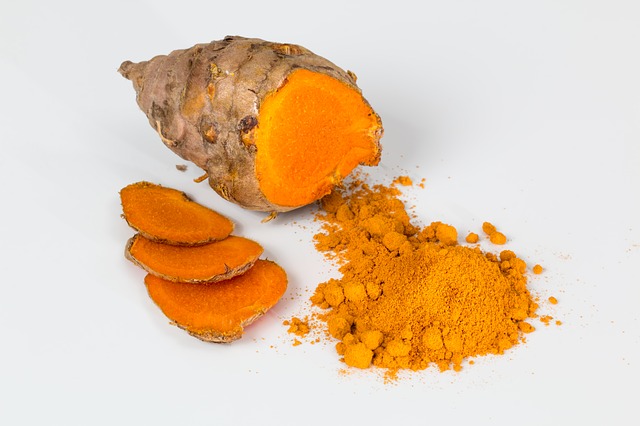
Turmeric
Is rich in curcumin, which reduces gut inflammation. In US animal studies, curcumin helped improve gut barrier function, combatting inflammation caused by a poor high-fat diet.
